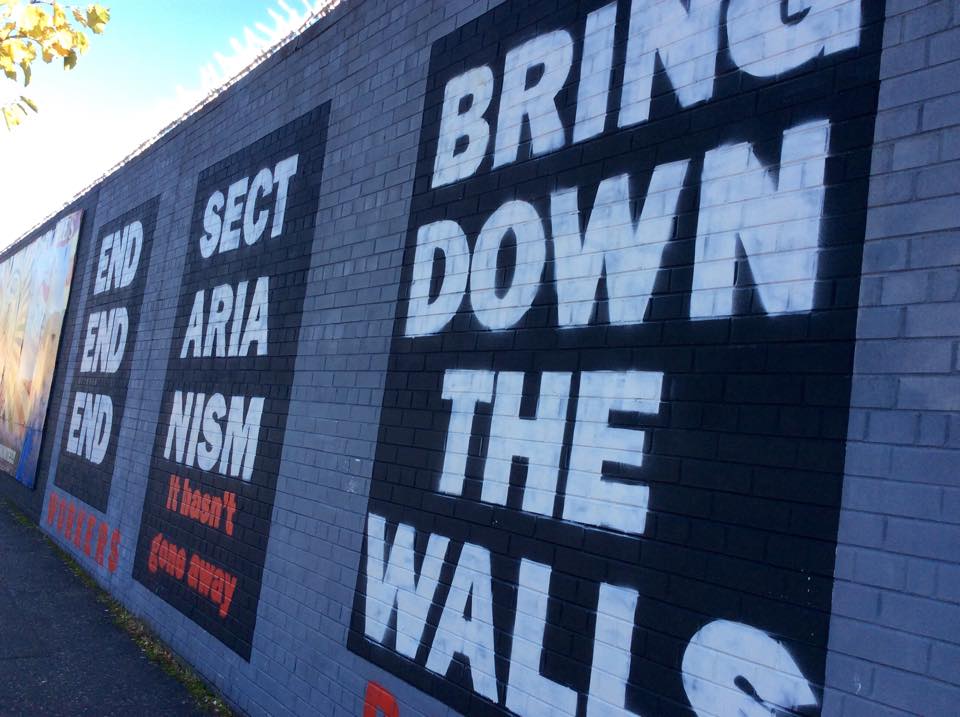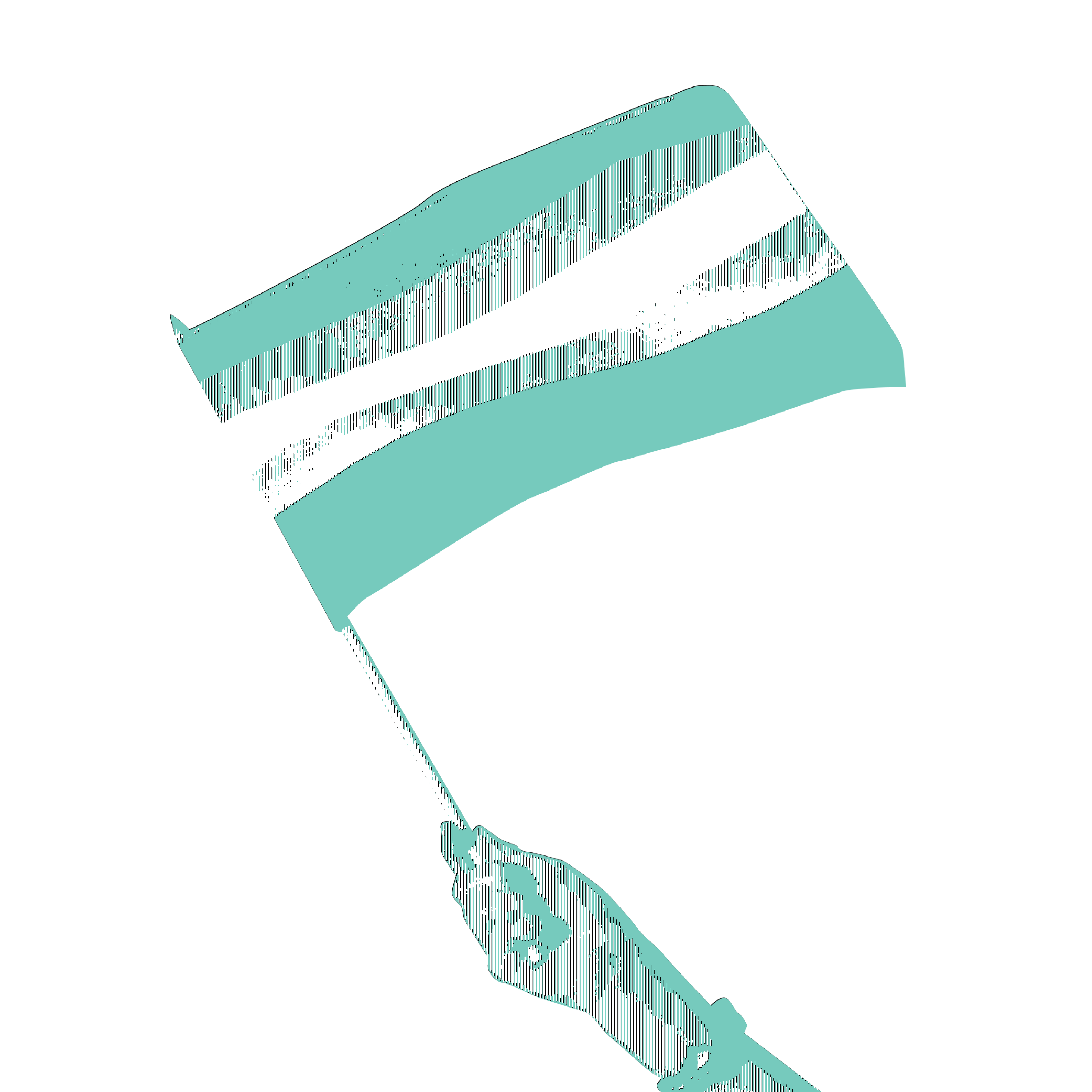How has religious influence on politics around the world affected gender issues? Do people have to choose between being true to their religion and supporting progressive reforms such as reproductive health and LGBTQ rights?
The first day of the Pulitzer Center’s Beyond Religion conference featured a Gender and Religion panel in which four Pulitzer Center grantees discussed the intersectionality of gender and religion.
Moderator Winnie Varghese, an Episcopal priest at Trinity Church on Wall Street, led the discussion by asking the panelists how gender and religion interacted in unexpected ways throughout their reporting.
Aarti Singh, a freelance journalist who has reported on LGBTQ issues in India, focused on how the LGBTQ community in her home state of Bihar experiences discrimination. During the discussion, Singh described how lesbian women are marginalized differently in contrast to gay men.
Referencing one interview with seven LGBTQ women, the interviewees told Singh that, while they did identify as lesbian, they would still get married to a man because their families and society expected it of them. Singh followed up by asking what would happen if they didn’t marry men.
“The response was the exact same for all seven women,” Singh said. “That their fathers and brothers had threatened to rape them if they didn’t marry.”
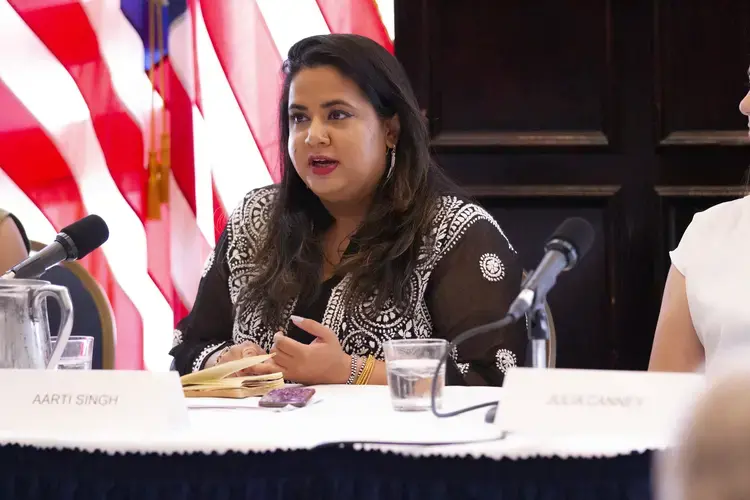
Sarah Aziza, a freelance journalist reporting on human and gender rights in Saudi Arabia, discussed the impacts of recent, pseudo-progressive reforms enacted by the Saudi government on ingrained cultural beliefs on gender.
“It is not necessarily an Arab tradition or Muslim tenant to oppress women,” Aziza explained, “but that language has been co-opted by corrupt mechanisms of power and misogyny for so long that many in the community feel like they are being dutiful to their culture or religion when they oppress their daughters or wives.”
Aziza primarily discussed this in the context of women driving in Saudi Arabia. They recently changed the law to allow women to drive, but many women still cannot drive because they live in a household with a man who does not allow it.
“Because the male identity has been so closely tied to the control and movement of female bodies, they didn’t stand a chance,” said Aziza. “There was no way they were getting their driver’s license because their fathers wanted to keep faith in the community.”
At #PulitzerBeyondReligion's panel on gender, @SarahAziza1 describes the jarring contrast of seeing "fawning foreign journalists" documenting photo ops of women driving in Saudi Arabia while the government was simultaneously cracking down on women's rights activists. pic.twitter.com/QH9ydn28qs
— Samuel Breslow (@sdkb42) June 8, 2019
Julia Canney, a senior program assistant for Gender, Women and Democracy at the National Democratic Institute, is a former Pulitzer Center student fellow from the College of William & Mary who reported on cross-community organizing of female activists in Northern Ireland. Canney spoke to women in Belfast and Derry who were organizing together regardless of their political or religious affiliation.
Canney explained that these women did not see themselves as “cross-community” efforts. They told her, “We are all women who identify as women. It doesn’t matter if I’m Catholic, Protestant, Loyalist, Republican. We are all women and that’s what unites us.”
Canney also discussed the polarizing force that Church campaigns played in reproductive health issues and the divisive impacts on communities. She spoke of priests who said masses for the fetuses who would die if abortion were to become legal.
“There was this use of religion to say that, if you were religious, then you could not believe reproductive rights should exist,” Canney said. “And, if you said you were religious and believed reproductive rights should exist, then you aren’t actually religious.”
There is little funding for women’s groups, says @juliascanney. The women she spoke with can find funding if they say they’re a “cross-community effort.” The EU in particular likes to fund such projects. #PulitzerBeyondReligion
— Pulitzer Center (@pulitzercenter) June 8, 2019
“The Filipino woman is empowered except when it comes to matters of her heart and her vagina,” said Ana Santos, a journalist reporting on reproductive and gender rights in the Philippines. “Those parts of her are legislated by the state and regulated by the church.”
Santos focused on how the Catholic Church impacted and was perceived by communities before and after President Rodrigo Duterte was elected. Before Duterte, the Church was known for advocating against the legalization of divorce and reproductive health rights. But after Duterte began killing suspected drug users, Santos says that the Church “went beyond offering their thoughts and prayers.”
In contrast to Canney’s description of the polarizing force of the Catholic Church, Santos described the human rights efforts the Church has undertaken in the Philippines—offering much needed financial support and sanctuary to the community, largely women and children who are left terrorized when the police or vigilantes kill their male relatives for being suspected drug users.
“There is no other institution in the Philippines that has the network, influence, or following to challenge the juggernaut that Duterte is, except the Church,” Santos explained. “But the Church has its own credibility issues.”
Given the inequality that women face in the Philippines, @iamAnaSantos chose to “be angry and write.” #PulitzerBeyondReligion pic.twitter.com/EOBJZLfauh
— Pulitzer Center (@pulitzercenter) June 8, 2019

The death of Jamal Khashoggi shocked the world—but he was far from the first Saudi dissident to be...
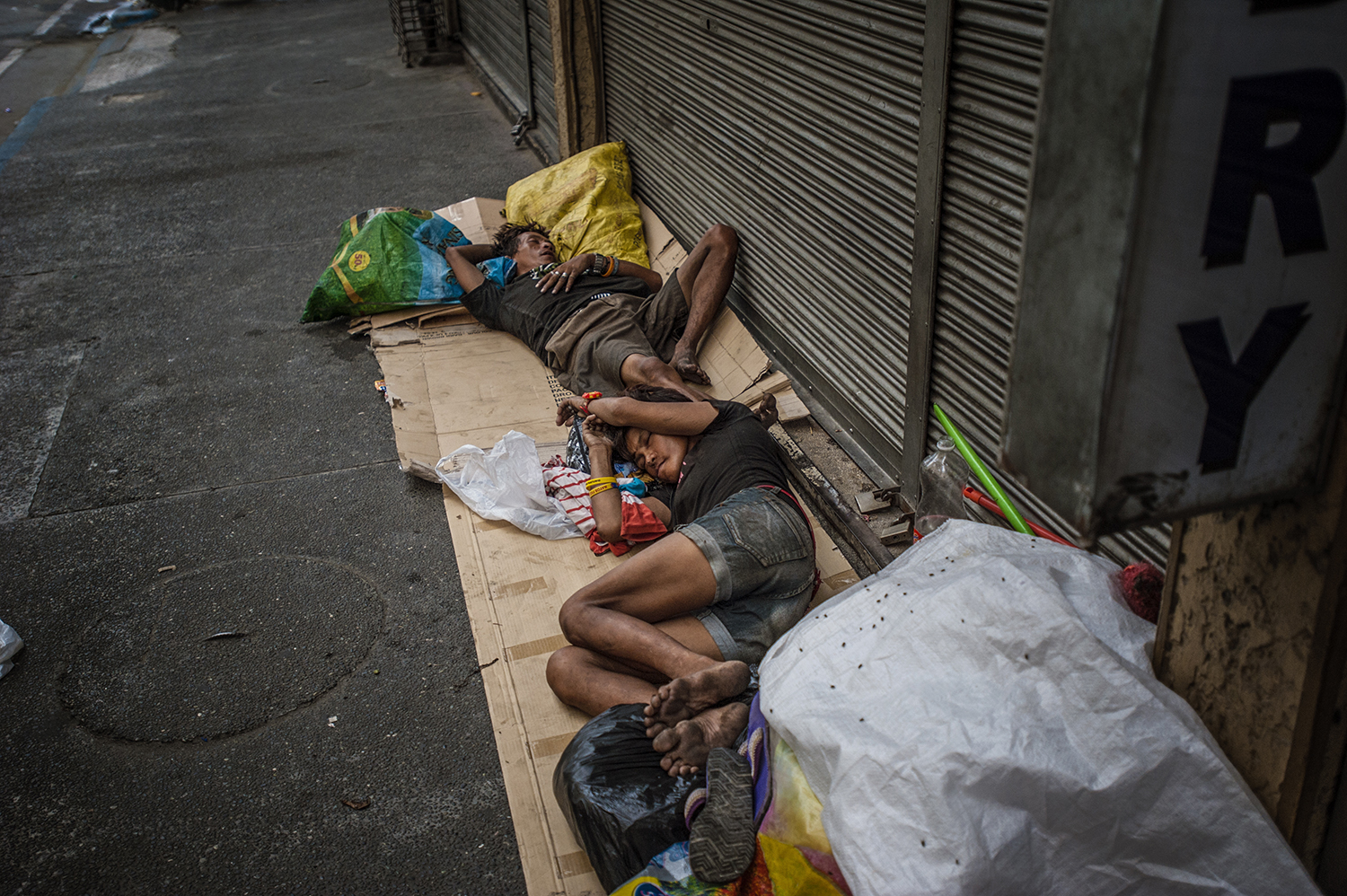
What happens to civil society in a country that democratically elects a leader who encourages the...
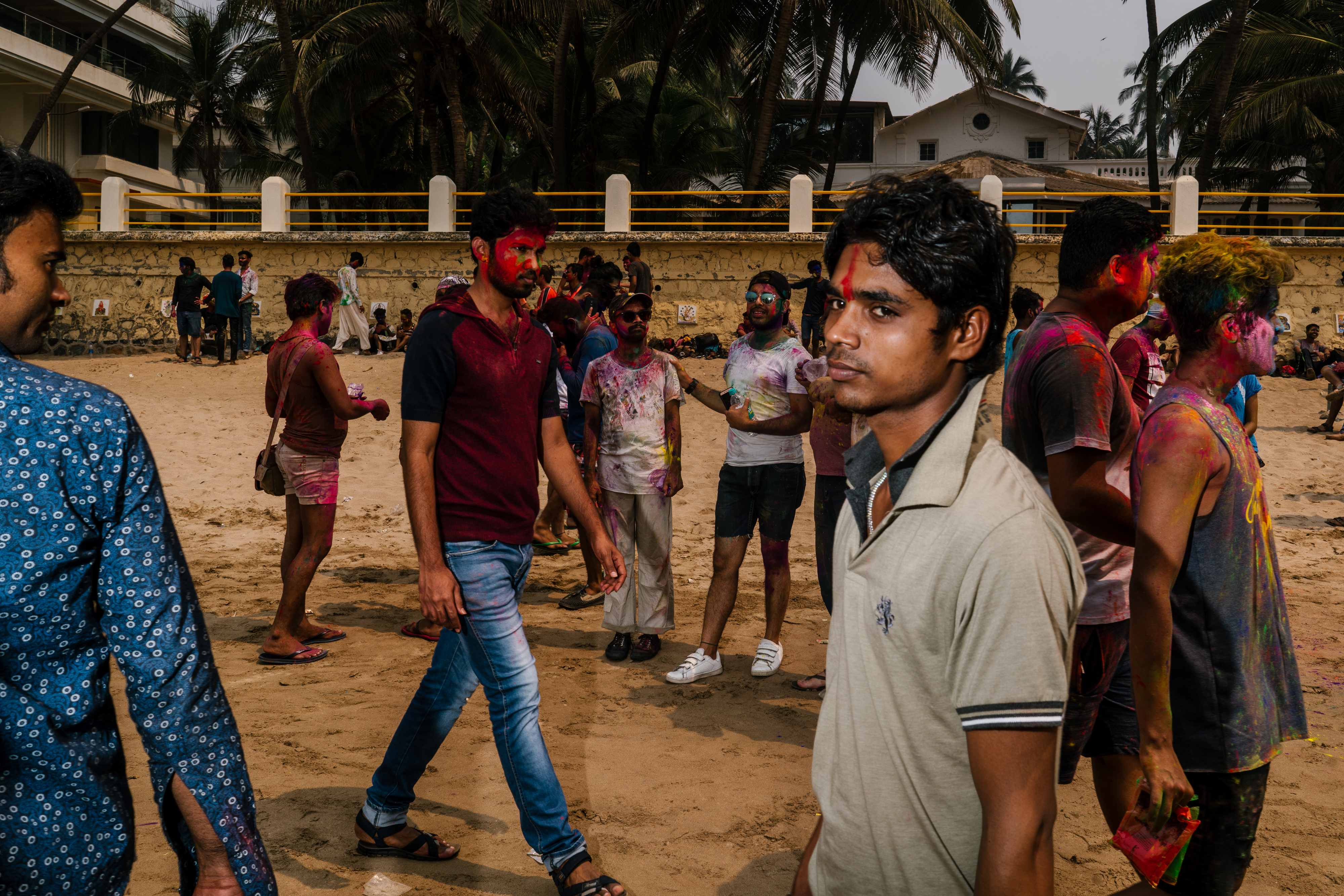
What happens when a country takes a huge and unexpected step backwards? India decriminalized...





